From hardcore to hard rock to the nation’s favourite balladeers: The Goo Goo Dolls albums you should listen to... and one to avoid
It’s a long way from thrashing the hell out of Badfinger’s Without You in a hardcore band called The Beaumonts to writing two of the most enduring singles of the 90s: Iris and Slide from 1998’s Dizzy Up The Girl.
In between, John Rzeznik and Goo Goo Dolls have done it all: alcoholism; sued by former band members, and sued former record labels themselves; reached both the zenith and the nadir of songwriting creativity, and somehow transcended genres from hardcore to hard rock to the nation’s favourite balladeers.
To his credit, he and his band (bassist Robby Takac is the mainstay, drummers come and go) have taken their lumps and managed to survive, falling in and out of popularity, although always a live draw in the US. Goo Goo Dolls’ last studio album, 2022’s Chaos In Bloom, reignited their passion for making music again with that unique Goos shimmer; hard pop, elegant ballads, while Rzeznik - who did a very good job of producing the album too – sang about the negative creep of social media and the blinkering of women’s rights.
He did the press rounds for the record, and surprised journalists by railing against America’s cultural slide towards a landscape slowly beginning to resemble US TV drama series The Handmaid’s Tale. It was quite some distance from the chiselled features perpetually singing about love’s blind alleyways.
The Goos are now a fixture of America’s summer tour circuit, filling out huge so-called ‘shed’ shows with other emotionally overwrought acts like Train, The Fray and Matchbox Twenty. This year it’s the turn of Dashboard Confessional. But if the Goo Goo Dolls’ sometimes uneven catalogue proves anything, it’s that the band are anything but a nostalgia act, or one-note musicians who found their format on record one and stuck to it.
There’s a strong argument to be made that their crossover success - their 1995 album A Boy Named Goo – became a huge seller in spite of the band themselves. It’s as roughhewn in parts as some of their earlier records, there’s very little to distinguish what separates it from its predecessor Superstar Car Wash (double-platinum record sales aside). Everyone else had changed, it was just the Goo Goo Dolls who’d stayed the same.

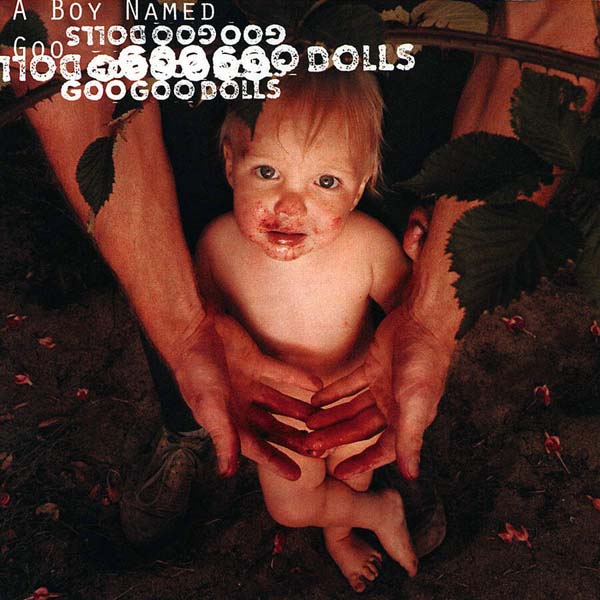
A Boy Named Goo (Metal Blade, 1995)
The first Metal Blade album to achieve double-platinum status, and the last Goos album with drummer George Tutuska. Just to add to the chaos, the Walmart chain was said to have pulled it from the racks when customers mistakenly complained about the young boy on the cover being covered in blood. It was blackberry jam.
It would end with the band in legal wrangling over royalties and eventually see them leave their label. But what an end note, with the band in furious form, the thundering Long Way Down, the sheer, relentless drive of Naked and Flat Top, with its snarling social discourse, Rzeznik spitting out each word.
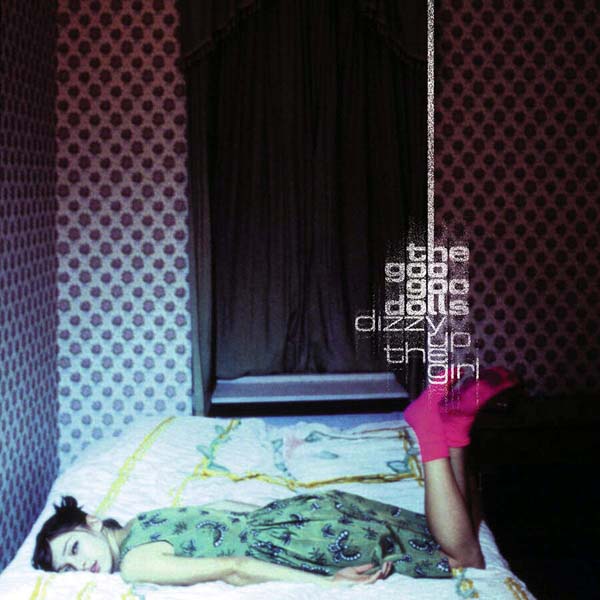
Dizzy Up The Girl (Warner Bros, 1998)
It might have come crashing into the world like a platinum-covered tank, but Dizzy Up The Girl is a relatively simple songwriter’s arc from 1993’s Superstar Car Wash through A Boy Named Goo to an album that generated more money in a year than some countries.
It’s easy to sneer “sellout”, and in their videos Rzeznik might be suddenly wearing more make up than your average model, but the songwriting is stellar, even without the millionselling singles; the brooding rise and fall of All Eyes On Me, the rattling Bullet Proof and the driving Hate This Place. No matter, their path was always going to be set after Iris.
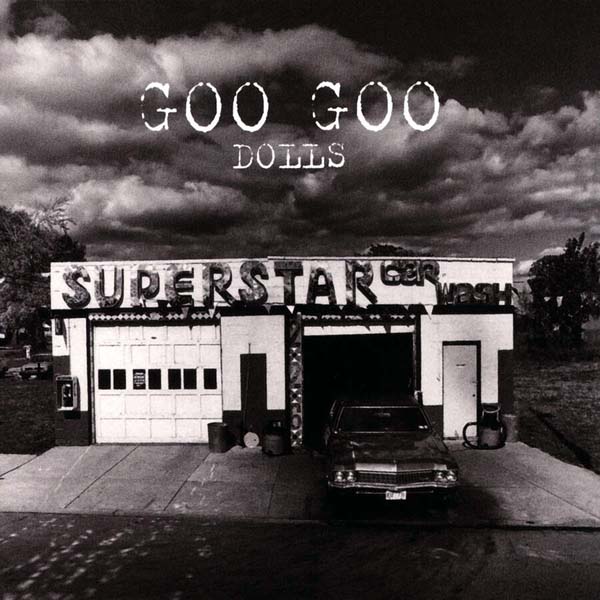
Superstar Car Wash (Metal Blade, 1993)
The Goos’ fourth studio album is the first time you could see what the band might go on to be. Rzeznik was once asked what the best album he’d made was (he chose two, but more on that shortly). He remembered Car Wash as the one where “I was coming into my own as a songwriter… the songs are really well written”.
And it shows, from the blasting opener Fallin’ Down to the raucous Domino, one of the album’s real highlights, but often overlooked as it’s a Robby Takac vocal, and it sits next to the excellent Paul Westerberg co-write We Are The Normal.
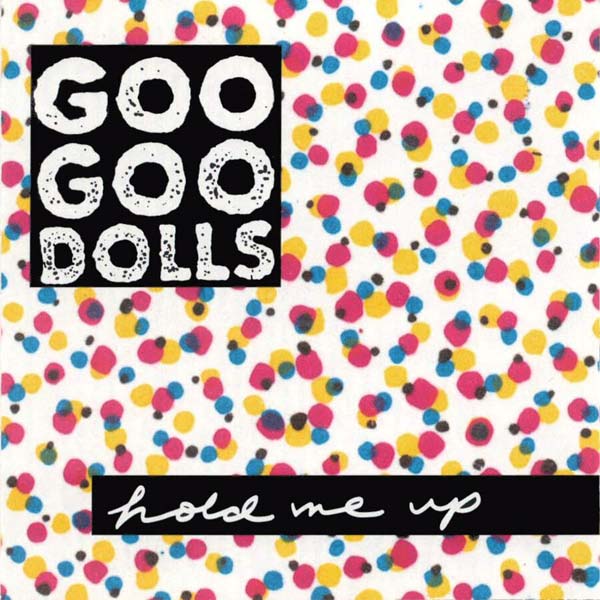
Hold Me Up (Metal Blade, 1990)
Only three years but a million miles stylistically from Car Wash, Hold Me Up was the band’s first album of a new decade, the first when Rzeznik was really finding his voice as a singer and the first time the band made a music video. Rzeznik talks about taking things more seriously with Car Wash, but it’s with Hold Me Up that you can really hear the band flexing their songwriting muscle.
The sound might be more power-pop than hardcore and the production paper-thin, but the humming Just The Way You Are, the wholly infectious There You Are plus the surprisingly heartfelt Two Days In February make this a neglected gem.
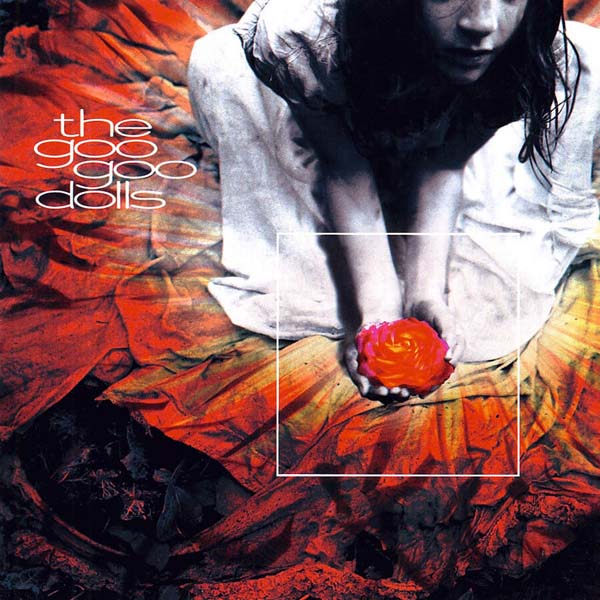
Gutterflower (Warner Bros, 2002)
Following up Dizzy Up The Girl was always going to be a tough task; zeitgeist records tend to come round only once in your career. That said, Gutterflower is a great Goos album, it’s just that it was standing on the shoulders of giants.
It didn’t hurt that Rzeznik now looked like a rock star AI might create, and that the band still had a finely tuned ear for the sparkling acoustic thrum of Sympathy (very timeless, very Goos) or the surprisingly down-at-heel single Here Is Gone. And the band’s true heartbeat remained with the dryly observant What A Scene, the lingering It’s Over and the hard, chiming Think About Me.
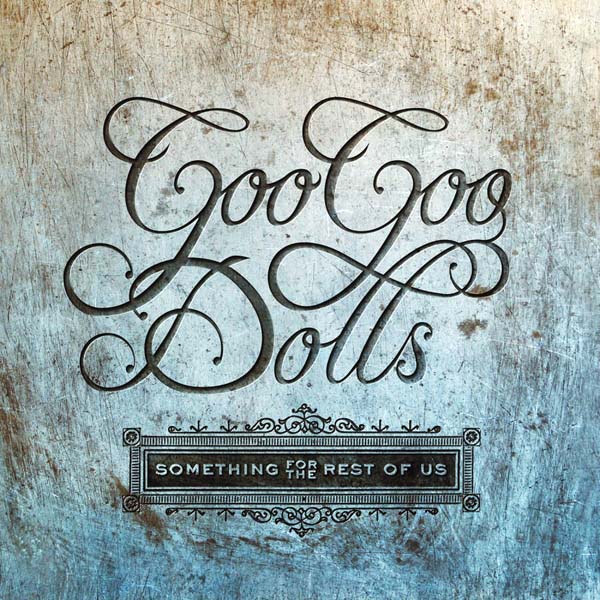
Something For The Rest Of Us (Warner Bros, 2010)
Rzeznik calls it the best-sounding record the band ever made. The label disagreed and released it only when the band threatened to break their contract if they didn’t. It’s lyrically punchy and raw, bold and broken, and it’s ironic that one of the singles was called Notbroken when Rzeznik was anything but.
It’s there too in the brittle Nothing Is Real. Rzeznik recalls: “It was probably the most close-to-the-bone writing that I’d ever done. I was extremely depressed and at the bottom of my alcoholism. It took me ten years to listen to it again, and then I went: “My god, this is a fucking good record.”
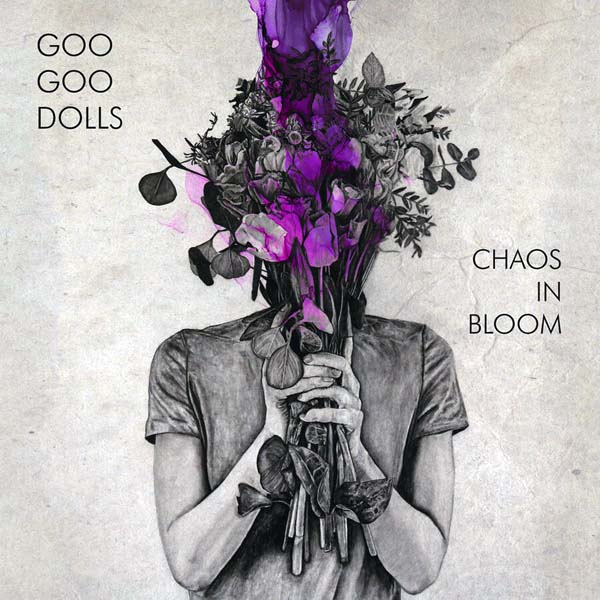
Chaos In Bloom (Warner Bros, 2022)
An album inspired by a lyric from The Chameleons’ Tears, a lot of it written during the pandemic, and self-produced, it gave the band back some of the fire that had sometimes eluded them over the previous decade. Recorded at Dreamland Studios outside Woodstock on Rzeznik’s collection of vintage amps and equipment, it felt more live and vital again.
The band sang about social injustice, the imbalance of health care in the US (Rzeznik referred to Trump as a “pissy little bitch”), and their new verve showed in songs like the droll Yeah, I Like You, the thrumming Going Crazy, which could have turned up on Dizzy, and the Elton John-like You Are The Answer.
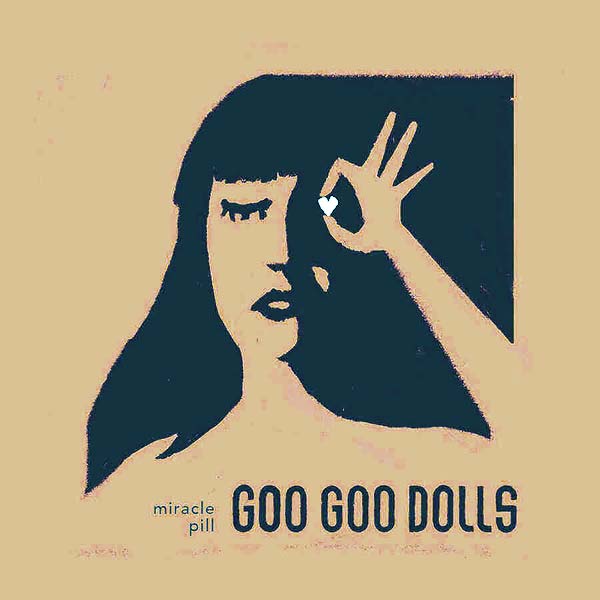
Miracle Pill (Warner Bros, 2019)
By the time of 2019’s Miracle Pill, Rzeznik and Takac had honed the latter-day Goos sound. Long gone were the gloriously ragged notes of The Replacements, replaced by what can best be described as indie anthem ballads.
It’s all very grown-up, slickly produced and absolute manna for an audience who still wanted to feel like an alternative crowd but not alternative enough to head towards the exits. The swaying Over You cries out for the audience to sing while holding their glowing phones aloft, Lost is a hopeful ballad for empty-nesters who’ve watched their kids leave home, and the enchanting title track is a fully formed earworm after one listen
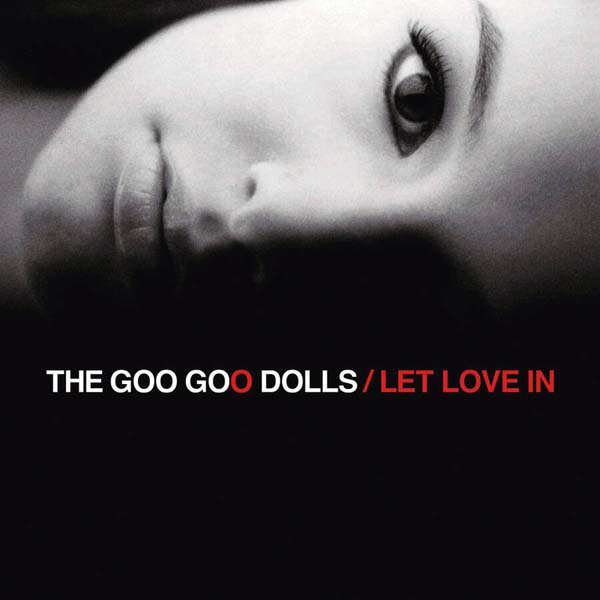
Let Love In (Warner Bros, 2006)
It might have taken more than 10 years for Let Love In to go gold in the US, and while it has been occasionally criticised for its Goo Goo Dolls by-numbers approach – the three singles are among the first four songs on the album, and it’s far from subtle – but history has been kind to an album that must have been being made in a period where the band’s wheels were beginning to fall off.
Thundering opener Stay With You is classic, gutsy Goos (the record could have used a bit more kick), the title track lingers like a good kiss and Without You Here must have soundtracked a thousand goodbyes, but it was all very far from an album like Superstar Car Wash.
...and one to avoid

It’s Christmas All Over (Warner Bros, 2020)
You can blame covid for a lot of things, and it certainly contributed to the creation of an underwhelming collection of Christmas standards (and a few originals) guaranteed to make you feel that Christmas Day (and not the summer solstice) is the longest day of the year.
It starts promisingly enough with Tom Petty’s Christmas All Over Again, but then goes off a cliff like Santa’s sled hitting a patch of black ice. The band’s This Is Christmas is appealing enough, but mainly because it sounds like any Goos ballad, but the reworking of the band’s Better Days with a child vocal will make you kick the Christmas tree.



